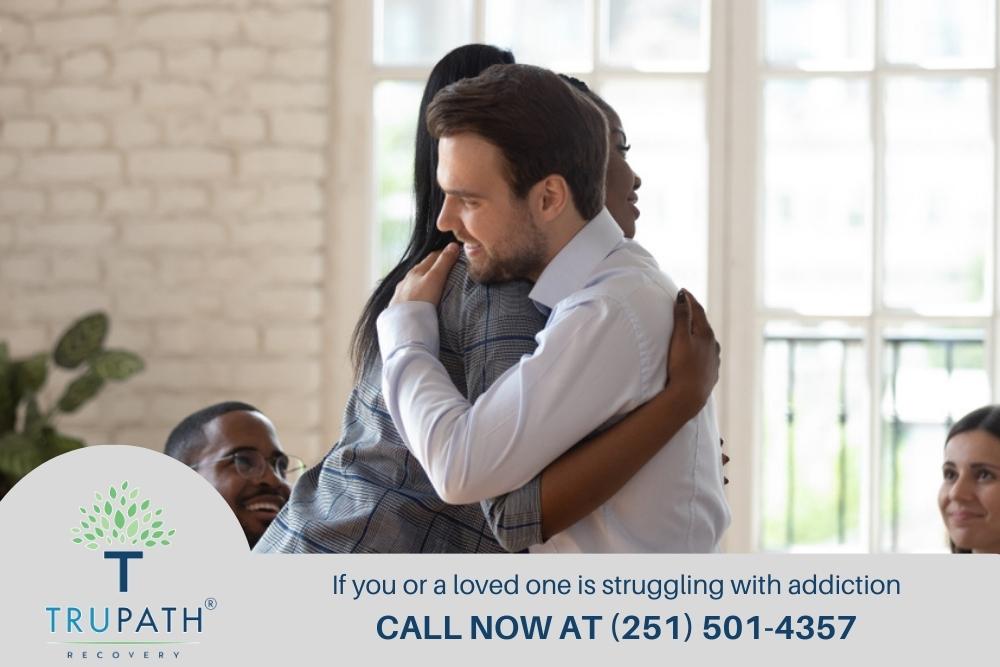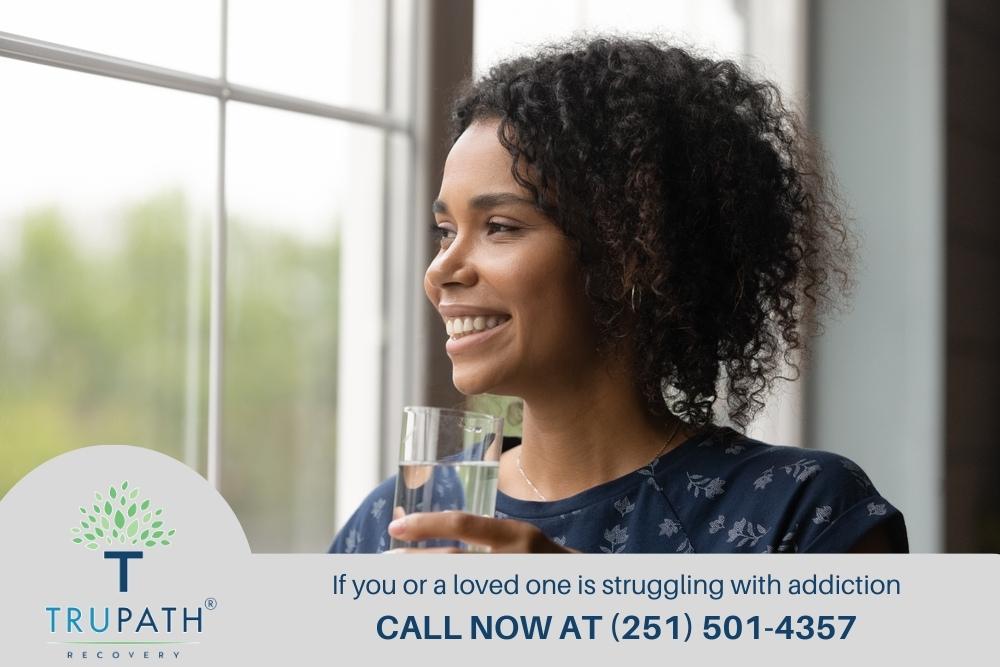What to Expect from Drug Addiction Rehab
It can feel overwhelming if you consider going to rehab for drug addiction. You likely have a lot of questions in mind, especially if you have never been to rehab before. Although each rehab center will have its own way of doing things, this is generally what you can expect when you go to rehab for drug addiction:
Checking in
When you first come to a rehab center, you will usually have an in-depth intake interview with very personal questions about your drug use, drinking, lifestyle, stress, mental health, and more. Doctors and mental health professionals may also do evaluations to help determine what types of therapies and medical care may be needed during your time in rehab.
Detox
One of the reasons many people avoid rehab altogether is that they fear detoxing. Withdrawal symptoms can be anxiety-inducing, painful, and even dangerous to your health. A program that includes a medical detox will ensure you avoid suffering from these issues and discomfort like nausea, flu-like symptoms, aches and pains, insomnia, and more, through a combination of medical care, prescription medications, and holistic treatments. Your body will remove the toxins within a week or two, and you will be ready for rehab.
Structure
Inpatient (residential) treatment provides you with fully planned-out days, You will be living inside a safe, sober center that is organized so you know what to expect from the moment you wake up until bedtime.
Schedule
You will wake up early in the morning, get ready, and enjoy a healthy breakfast. Those with prescriptions will take their medications. Some rehab centers will also start you out with exercise, yoga, or meditation practices so you start your day on a good note. The program will then begin.
You will likely have group therapy, daily meetings, and therapy throughout the day, with short breaks between sessions, and a healthy lunch break around noon. The afternoon is more of the same, with treatments that may include behavioral therapy, one-on-one therapy, educational programs, and more groups. Other common treatments include family therapy
The evenings are usually unstructured free time when you can enjoy the amenities and comforts of your rehab program, rest your body and mind, or simply read a book or write in your journal. Group activities, sports, and games may be offered as well. Most centers have a designated “lights out” time to encourage a healthier sleep pattern.
During outpatient rehab, your schedule will vary based on the type of program you are in but will be consistent, with treatments, groups, and therapy appointments occurring on a regular schedule.
Group therapy
Do not fear group therapy. It is a place that is free of judgment, and open, willing, and respectful participation in the discussions will help you achieve a better understanding of yourself and your addiction. You will be surrounded by others who have had similar experiences, and through sharing stories and learning, you can achieve emotional healing as you develop a sober community.
Family therapy is a specific type of group therapy that involves two or more family members. Healing damaged relationships with your loved ones can help immensely, as you can deal with issues like pain, regret, codependency, enabling behaviors, anger, resentment, and more. Resolving family issues and improving communication and knowledge about addiction can increase your support system and get loved ones involved in the treatment process.
Individual therapy
For some people, the idea of “going to therapy” for addiction may sound strange, but it is actually one of the most important pieces of treatment. There are different types of therapy, each with its own specialty. Through therapy you can learn skills like anger management, stress reduction, and relapse prevention techniques, you can work through old emotional pain and trauma, and you can improve your quality of life. Each person’s sessions will be tailored to their needs and preferences, so you get the most out of your time with your therapist.
Other treatments
There are a wide variety of supplemental treatments available that add to traditional evidence-based therapies. These may include art or music therapy, exercise and nutrition programs, experiential therapy, biofeedback, holistic programs, and more. These treatments can help you gain a better sense of overall wellness during treatment, gain healthy habits, and help you regain your sense of self.
Read more









